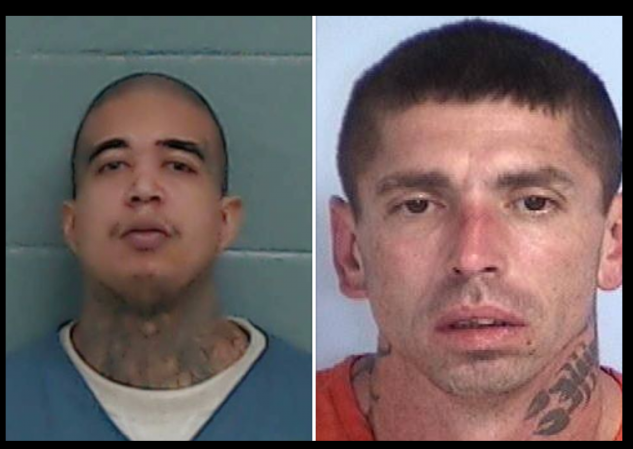Will giving ex-con felons the vote turn Florida blue?

Florida is one of three states who require convicted felons to obtain clemency before their voting rights are restored. Now, voters will decide if a change to the more than hundred-year-old law ought to be made.
Thanks to the legwork of advocacy group, Floridians for Fair Democracy, surpassed the 766,000 signatures needed to put the put the measure on the November ballot.
“It would automatically restore the right to vote to ex-felons who have completed their sentences, except those convicted of murder or sexual assault. Sixty percent of voters will have to approve the amendment for it to pass,” reports Mother Jones.
After a rough 2016, Democrats are hopeful that restoring voting rights to some 1.5 million Floridians will tip the scale in their favor. Mother Jones is especially excited about the potential shift in voting demographics.
Felon disenfranchisement was part of the Florida constitution adopted in 1868 that aimed to limit black voting rights. One Republican leader said the provision would prevent the state from becoming “niggerized.” It has long had a discriminatory effect on minority citizens, who are more likely to be jailed in Florida—and nationwide—because of disparate treatment in the criminal justice system. It has also been used to preserve Republican majorities in the state, since minorities (and by extension ex-felons) are more likely to vote for Democrats. In 2000, the state of Florida wrongly labeled 12,000 eligible voters as ex-felons and purged them from the voter rolls. That was twenty-two times George W. Bush’s 537-vote margin of victory over Al Gore. The purge likely cost Gore the election…If the amendment passes, it has the potential to change the political makeup of the state. Donald Trump defeated Hillary Clinton in Florida by 112,000 votes. African American voters favored Clinton over Trump by a 84-8 margin. Currently, there are 500,000 African Americans disenfranchised in the state.
Florida’s electoral margins are incredibly tight, as MJ points out. Any bump in policy that widens the voting block for either party has the potential to be a game changer. But would the restoration of voting rights to some 1.5 million Floridians really have a noticeable impact on future elections? Opinions here are split.
From the Orlando Sentinel:
Darryl Paulson, a conservative Heritage Foundation member and an amendment supporter, said while most former felons tend to support Democrats, studies have shown only a third of former felons would register if allowed. Only about a fifth would actually ever vote, he said.“It runs both ways,” said Paulson, emeritus professor of government at University of South Florida-St. Petersburg. “Democrats clearly support the issue because they believe they will benefit, and Republicans tend to oppose it because they believe they will be hurt.”“My position is it’s not a good way to make public policy based on how it might impact an election sometime down the road,” he said. “Voting rights restoration is economically right, morally right and just the right thing to do.”
Trump’s presidency has not been favorable to Democrats, who are desperately clinging to every small hope of regaining electoral ground.
[Featured Image: Escaped Inmates via Florida Department of Corrections Facebook]
CLICK HERE FOR FULL VERSION OF THIS STORY